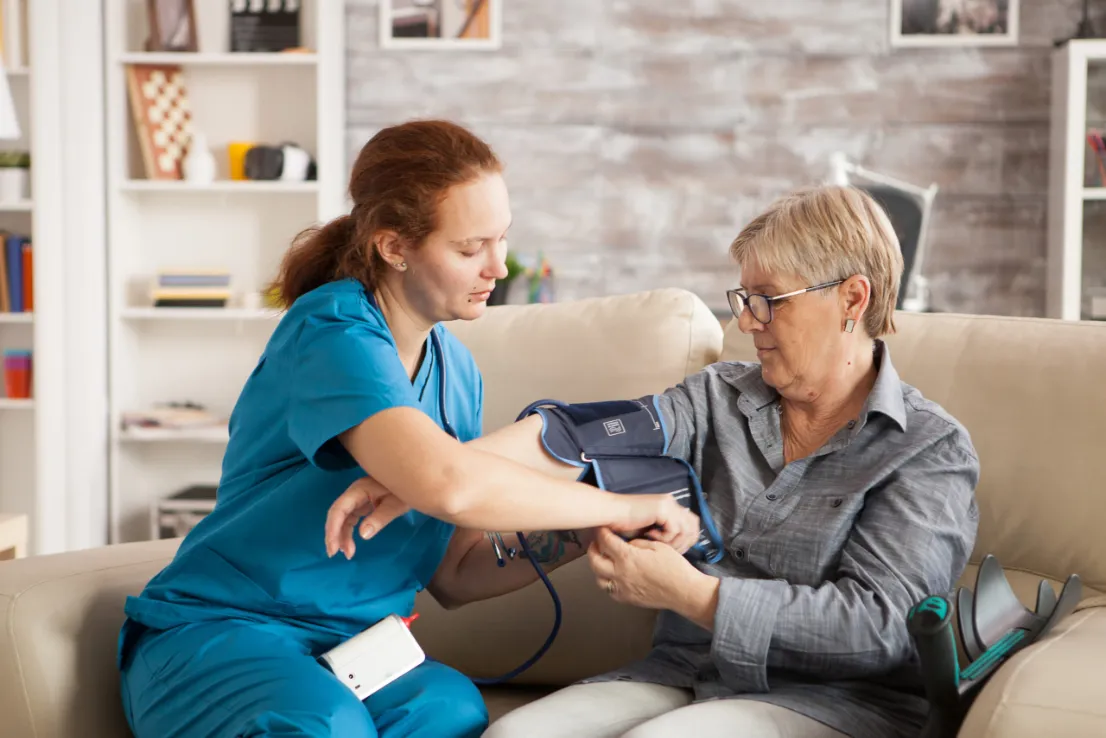Learn how we collaborate with home health agencies to deliver seamless care, ensuring you receive the right treatment at the right time.
Working effectively with your home health agency is crucial to ensure the best wound care. Here are some key strategies:
1. Choose a Qualified Agency
- Certification: Ensure your agency is licensed and certified by Medicare or your state’s health department.
- Specialized Wound Care: Verify that the agency has clinicians skilled in wound care management. Ask about their experience with your specific type of wound (e.g., pressure ulcers, diabetic foot ulcers).
2. Clear Communication with Your Care Team
- Initial Assessment: During the first visit, discuss the type of wound, underlying health conditions, and the care plan. Make sure you’re clear on the expected healing process.
- Daily Care Protocols: Understand the daily care routine and how dressings or wound treatments will be done. Ask about potential pain management strategies.
- Ask Questions: Never hesitate to ask questions about the treatment plan, dressing changes, or signs of infection. Clear communication helps catch issues early.
- Report Changes: Report any changes in the wound (redness, odor, swelling) to your agency immediately to adjust care as needed.
3. Follow the Care Plan
- Consistency: Follow the wound care routine as prescribed, including keeping follow-up appointments.
- Medication Compliance: Take any prescribed medications, including antibiotics, as directed.
- Nutrition and Hydration: A well-balanced diet rich in protein, vitamins, and minerals is essential for wound healing. Your agency may offer dietary guidance.
4. Use of Technology
- Telehealth: Ask if your agency uses telehealth services for remote wound assessments or consultations.
- Documentation and Monitoring: Ensure that your agency is regularly documenting the wound’s progress, including photos or measurements, to track healing.
5. Infection Prevention
- Hand Hygiene: Ensure all caregivers follow proper hand hygiene before and after wound care.
- Sterile Dressings: Confirm that dressings and equipment are sterile and that the agency uses proper techniques for dressing changes.
- Educate Yourself: Learn the signs of infection (fever, increased pain, pus) and how to prevent them.
6. Advocacy and Feedback
- Voice Concerns: If you feel care isn’t progressing, voice your concerns early. Be proactive if the wound isn’t improving.
- Feedback Loop: Provide feedback on your care experience, both positive and negative, to ensure the care is tailored to your needs.
7. Emergency Plan
- Emergency Protocols: Discuss an emergency plan with your home health agency in case the wound worsens unexpectedly or you experience complications.
By working closely with your home health agency, being proactive, and staying informed, you can significantly improve the quality and outcomes of your wound care at home.


